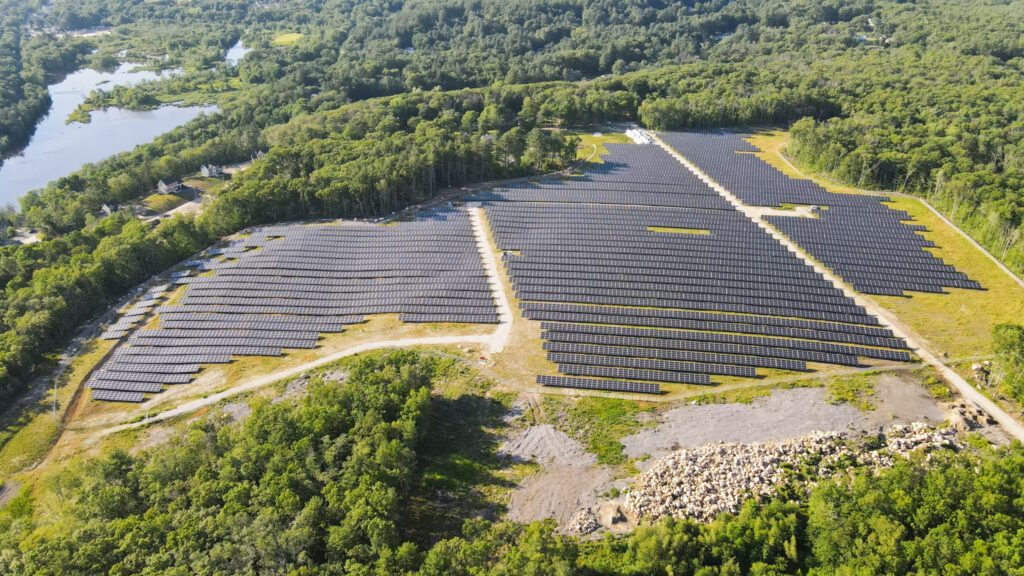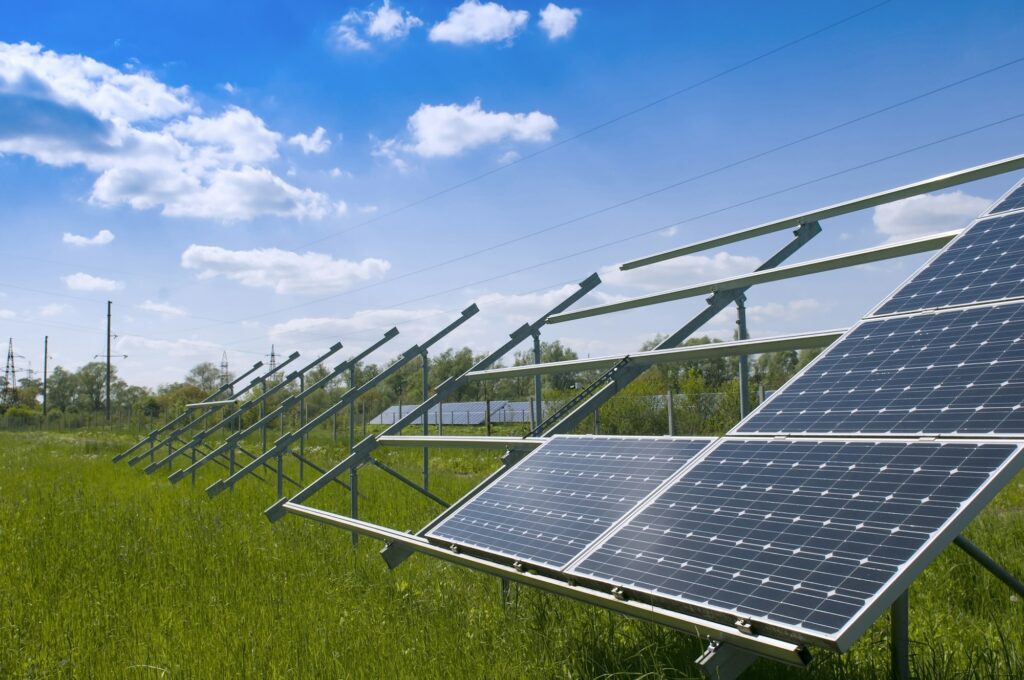solargardens
January 23, 2024
The shift towards inclusive solar energy represents more than just an environmental strategy; it’s a movement towards a more equitable society. By integrating LMI communities into the solar narrative, we’re paving the way for a sustainable and inclusive future.

In recent years, there’s been a noteworthy shift in the solar energy landscape, with increasing emphasis on inclusive growth. Low- and moderate-income (LMI) communities, traditionally sidelined in the renewable energy sector, are now at the forefront of solar initiatives, thanks to growing federal and local support.
This transformation is not just about clean energy—it’s about creating an equitable energy future for all. This article sheds light on the reasons for the shift and what it means for both solar developers and communities moving forward.
Historically, the renewable energy sector, particularly solar, has been perceived as a privilege of the affluent. This perception is changing rapidly due to several key factors:
Policy Evolution: Governments at both federal and state levels are implementing policies that explicitly include LMI communities in the renewable energy fold. These policies aim to bridge the gap between the energy affluent and the energy poor.
Economic Drivers: The decreasing cost of solar technology has played a significant role in this shift. Solar energy is no longer an expensive alternative but a viable, cost-effective solution for diverse economic groups.
Social and Environmental Justice: There’s a growing recognition that access to clean energy is a critical component of social justice. Ensuring that LMI communities have access to solar energy aligns with broader goals of environmental and social equity.
Market Dynamics: The solar market is evolving to include a broader customer base. Companies are recognizing the untapped potential in LMI communities, leading to more targeted products and services.
The clean energy transition is not just an environmental imperative but also a social one. Recognizing this, various states in the U.S. are actively promoting solar energy projects in LMI communities. This approach not only helps in democratizing clean energy access but also plays a crucial role in addressing energy affordability.

Community solar projects have emerged as a cornerstone in the effort to democratize solar energy. These initiatives allow individuals in LMI communities to harness the benefits of solar power without the need for individual solar panel installations. Key aspects include:
Shared Solar Arrays: Community solar involves shared solar arrays where multiple participants can benefit from a single installation. This approach significantly lowers the entry barrier for LMI households to access renewable energy.
Subscriptions and Savings: Participants typically subscribe to a portion of the solar array and receive credit on their electricity bills for the power produced, translating into tangible savings and reduced energy costs.
Local Employment and Economic Benefits: These projects often stimulate local economies by creating jobs and fostering community engagement.
Environmental Impact: By increasing the use of renewable energy, community solar projects contribute to reduced carbon emissions and a healthier local environment.
By allowing multiple subscribers to benefit from a single solar array, including homeowners, renters, and businesses, these projects make solar energy accessible to those who may not have the means to install individual solar systems. States like New Jersey have been pioneers, requiring a significant portion of community solar developments to be reserved for LMI subscribers.

The expansion of solar energy in LMI communities is significantly bolstered by government incentives. These incentives play a pivotal role in making solar projects financially viable and attractive for both developers and consumers. Key elements include:
Tax Credits and Grants: Programs like the Low-Income Communities Bonus Credit offer tax incentives to solar developers focusing on LMI areas, reducing the overall project costs and encouraging investment.
State-Specific Initiatives: Many states have introduced their own incentives, such as grants, rebates, and special financing options, to promote solar installations in underserved communities.
Streamlined Regulations: Governments are also working to streamline regulatory processes, making it easier and more cost-effective to develop community solar projects.
Education and Outreach: Funding is often allocated for educational programs and community outreach, ensuring LMI residents are informed and can actively participate in these solar initiatives.
Government incentives not only incentivize solar development in LMI areas but also ensure that the benefits of renewable energy reach the most vulnerable sections of society.

Looking ahead, the increasing support for solar energy in LMI communities marks a significant step in the right direction for the solar industry and the general population. It reflects a comprehensive approach to clean energy, one that prioritizes both environmental sustainability and social equity.
Technological advancements, evolving policies, and the potential for broad social and economic changes are at the forefront of this current solar transformation and we can expect to see further progress in renewable energy in the coming years.

Join Community Solar with Solar Gardens to redeem this offer
- Enter your contact info to receive your promo code -